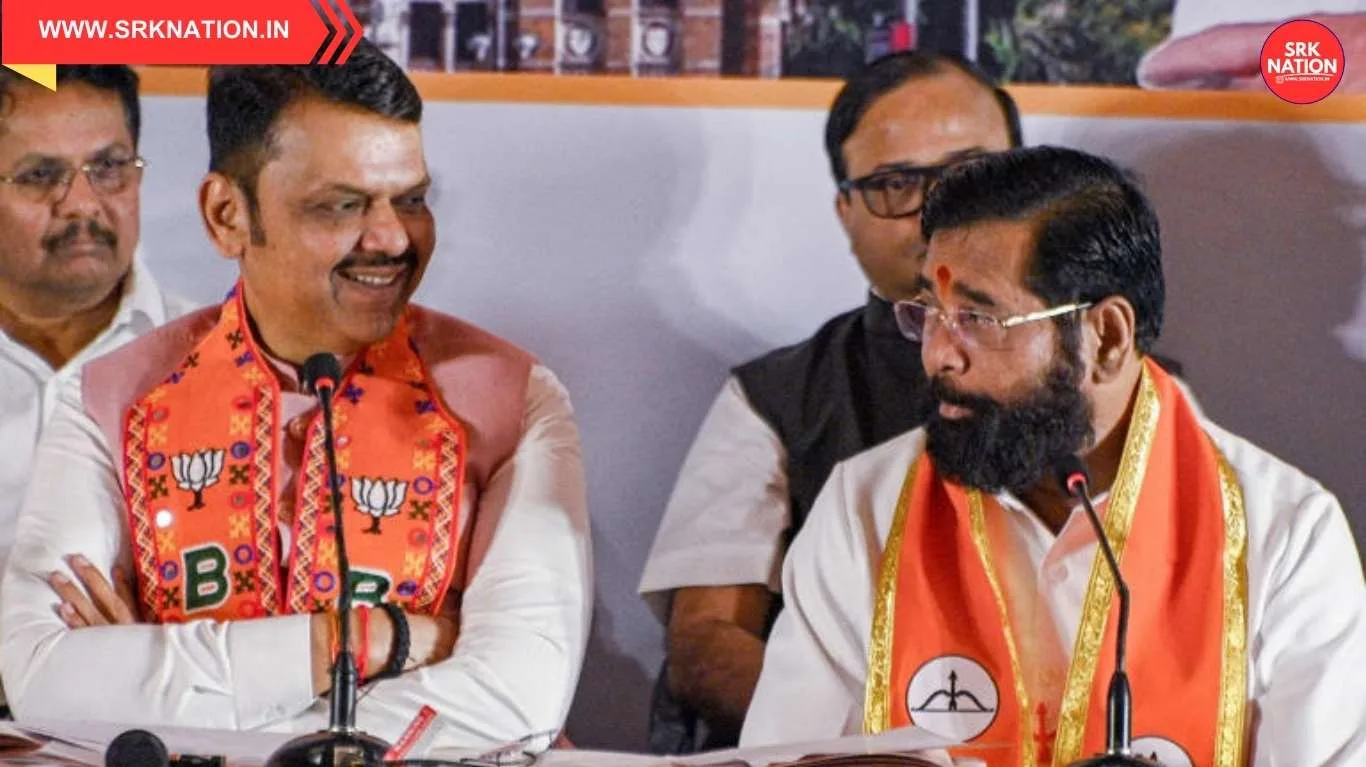In a move that has caught both political observers and citizens by surprise, the Odisha government has decided to cancel the ambitious Bhubaneswar Metro Rail project, which was announced amid much fanfare less than a year ago. The project, which had the potential to become the first metro rail network in Eastern India outside Kolkata, has been shelved indefinitely due to what officials termed as “technical, economic, and logistical” reasons.
However, the development has drawn sharp criticism from former Chief Minister Naveen Patnaik, who led the original planning and announcement of the project during his tenure. In a strongly worded statement, Patnaik termed the cancellation as “shocking” and a “major setback to Odisha’s urban transport modernization.” His remarks underscore a deepening political and developmental divide emerging in the state’s urban policy landscape.
Bhubaneswar Metro: From Ambitious Dream to Abrupt Cancellation
The Bhubaneswar Metro Rail project was originally envisioned as a state-funded initiative covering Bhubaneswar, Cuttack, and nearby regions, aiming to decongest urban traffic and provide world-class public transportation to the capital city region. The Detailed Project Report (DPR) for Phase 1 had outlined a 26-kilometre corridor from Biju Patnaik International Airport to Trisulia Square, with future extensions planned toward Cuttack and Puri.
| Project Component | Planned Details |
|---|---|
| Total Corridor Length (Phase 1) | 26 km |
| Stations Planned | 20 |
| Total Estimated Cost | ₹6,200 crore |
| Type of Funding | 100% state-funded (Odisha government) |
| Execution Agency | Delhi Metro Rail Corporation (DMRC) |
| Project Timeline (original estimate) | 4 years (2024–2028) |
| Daily Ridership Estimate | Over 2.5 lakh passengers |
The state had allocated an initial fund of ₹500 crore in the 2023-24 budget. Survey work was initiated, and DMRC was engaged for technical consultancy. However, no significant groundwork or tendering activity began on the field, triggering doubts over the project’s execution over the last six months.
Government’s Reasoning: Economic Viability in Question
The current state administration has justified the project’s cancellation on the grounds of “financial prudence” and “urban mobility strategy revision.” In a statement from the Urban Development Department, the officials said:
“After a comprehensive review of the Bhubaneswar Metro DPR and emerging urban traffic data, it has been concluded that the proposed metro system does not offer an optimal return on investment compared to other mass transit options.”
Key reasons cited include:
- High capital expenditure and long gestation period
- Lower-than-expected population density along proposed corridors
- Unsustainable ridership projections
- Availability of cost-effective alternatives such as BRTS and e-buses
The government is now exploring an integrated Bus Rapid Transit System (BRTS) and Electric Bus Corridors across Bhubaneswar and Cuttack to fulfill the urban mobility goals.
Naveen Patnaik’s Response: “Shocking and shortsighted”
Naveen Patnaik, under whose leadership the metro project was announced and DPR work initiated, issued a rare and scathing response to the decision. In a media interaction, he said:
“It is shocking to see the cancellation of a project that was intended to redefine Odisha’s future urban vision. Bhubaneswar is not just a smart city in name, it deserves infrastructure that matches the aspirations of its people. Metro rail was a transformational idea—not just a transport project.”
He also warned that withdrawing from large-scale infrastructural commitments could undermine investor confidence and delay Bhubaneswar’s global city ambitions, especially at a time when the capital is being promoted as an emerging IT, healthcare, and education hub.
Political and Public Reactions
The cancellation has sparked a wave of reactions from:
- Urban planners, who called it a lost opportunity to develop sustainable transit
- Youth and students, who expressed disappointment, citing high commuting costs and lack of modern public transport
- Opposition parties, who termed it a “betrayal of urban voters”
- Civil society groups, who demanded a white paper on the cost-benefit analysis leading to the cancellation
Social media platforms in Odisha saw trending hashtags such as #BringBackMetro, #BhubaneswarDeservesBetter, and #UrbanFutureLost over the weekend.
Comparative Urban Mobility Landscape
With Bhubaneswar pulling out of its metro project, it becomes an exception among tier-2 cities, many of which are actively investing in high-capacity public transport infrastructure.
| City | Metro Status | Daily Ridership | Funding Model |
|---|---|---|---|
| Kochi | Operational (since 2017) | 1.1 lakh | State + Central Government |
| Nagpur | Operational (since 2019) | 1.2 lakh | PPP + Govt. Aid |
| Ahmedabad | Operational | 1.5 lakh | Govt. + Multilateral Loans |
| Pune | Phase-wise operational | 1.4 lakh | Govt. + International Loans |
| Bhubaneswar | Cancelled (2024) | NA | 100% State (initial plan) |
Urban transport experts have warned that cancelling metro projects without providing a viable and scalable alternative could lead to traffic congestion, increased carbon footprint, and public dissatisfaction over time.
What’s Next for Bhubaneswar’s Urban Mobility?
In lieu of the metro project, the state has announced the following measures to revamp city transport:
- Introduction of 300 e-buses across Bhubaneswar and Cuttack under the PM-eBus Sewa scheme
- BRT corridors along NH-16 and Raj Bhawan to Khandagiri route
- Smart multimodal terminals at railway stations and bus depots
- Mobility-as-a-Service (MaaS) app for integrated ticketing and trip planning
- Public-private partnerships in future transit investments
While these measures indicate some continuity in public transport reforms, critics argue that nothing matches the capacity, speed, and long-term sustainability of a metro system, especially for a growing city like Bhubaneswar.
Long-Term Implications
The abrupt halt of the Bhubaneswar Metro raises broader concerns:
- Erosion of public trust in big-ticket infrastructure announcements
- Impact on urban real estate development, which was gaining traction around proposed metro corridors
- Stagnation in employment opportunities linked to construction, engineering, and maintenance roles
- Missed opportunity to boost tourism and global positioning of Odisha’s capital as a modern urban center
Real estate developers have already begun reevaluating projects launched along the planned metro corridor, while transport activists are planning public consultations to push for alternative solutions.
Conclusion
The cancellation of the Bhubaneswar Metro Rail project reflects the complex balancing act between economic realism and urban aspiration. While the state’s emphasis on cost-effectiveness and alternative transit is understandable, many believe the metro would have been a legacy-defining project for Odisha.
Whether the current government can offer an equally compelling, scalable, and visionary urban mobility solution remains to be seen. But for now, the dream of Bhubaneswar joining the league of Indian metro cities has been paused—perhaps for a long time.
Disclaimer: This report is based on available government data, public statements, and media interactions. Project developments and public policies are subject to change. Readers are advised to verify with official channels for updated announcements and clarifications.











